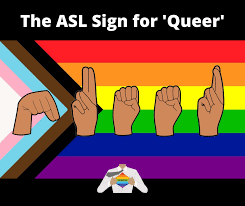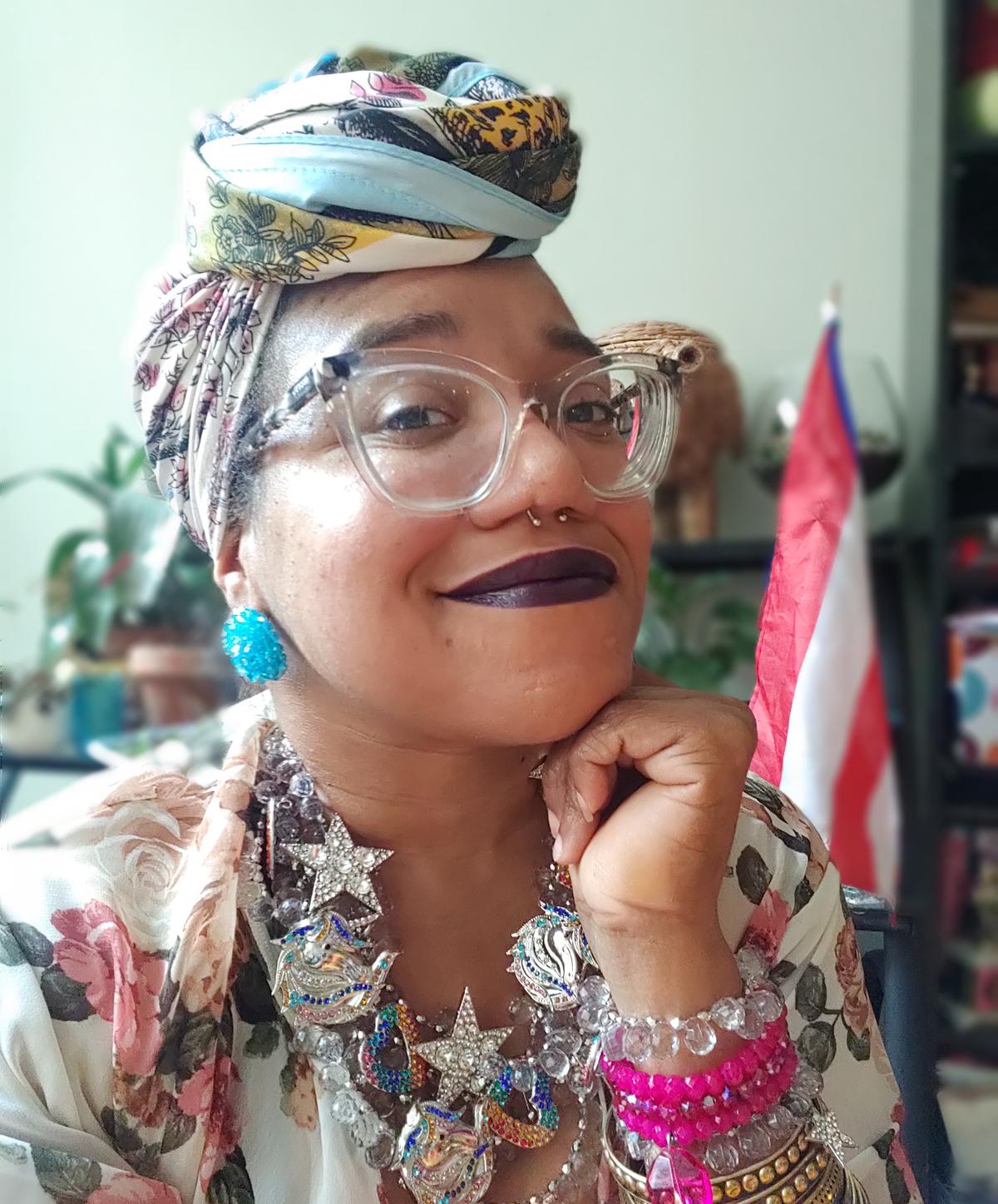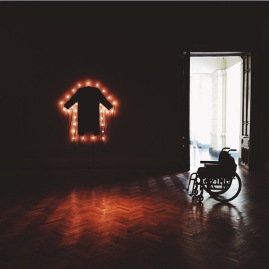An article about the importance of language in relation to healing practices “Every time we talk about bodies and healing, we are in relationship to histories and beliefs about what is normal and what is not. These histories and beliefs carry invisible assumptions as heavy as gravity.”









